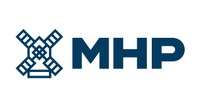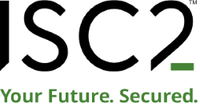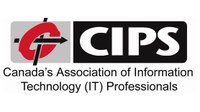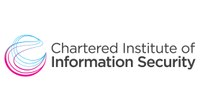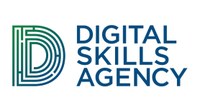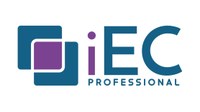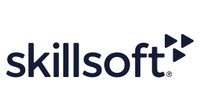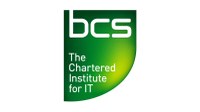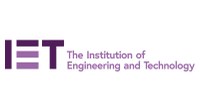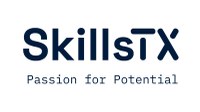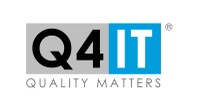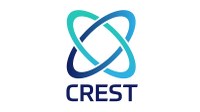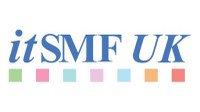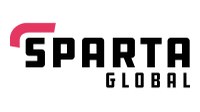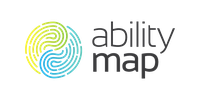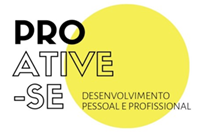
A shared language for digital, data and technology skills
SFIA provides a trusted, internationally adopted framework for defining the skills and competencies needed to deliver, manage and protect digital capabilities — including in critical areas such as AI, data science and cybersecurity.
From strategy and architecture to delivery, operations and change, SFIA offers a consistent, practical reference for developing people, shaping roles and building organisational capability.
In today’s connected world, a global framework supports local priorities, as well as international collaboration and cross-border growth.
Used by governments, industry bodies and employers worldwide, SFIA reduces duplication of effort. Rather than building a new framework from scratch, tap into a global community with decades of experience, proven approaches and ongoing support.

A globally trusted skills and competency framework that defines the professional skills needed to design, build, operate and protect digital, data and technology systems. It provides a common language used in role design, career development, skills assessment and workforce planning.
Free to browse and use for all individuals and most employers.

An established global network of employers, professionals, commercial partners, educators and specialists. These are the people who apply SFIA, provide tools and services, contribute ideas, and help evolve the framework to reflect emerging technologies and ways of working.
From open feedback to formal reviews — SFIA evolves because of its users.

A not-for-profit organisation with a clear purpose: growing capability and capacity in the world’s digital workforce. The Foundation maintains and governs the framework, ensuring it evolves through industry input, remains vendor-neutral, and is accessible to all.
We sustain SFIA through partnerships, licensing arrangements for country-wide, commercial and large-scale uses, and community support.


For
organisations
From planning to day-to-day delivery, SFIA is the trusted foundation for a skills-based organisation. Build your organisation’s digital capabilities, adapt quickly, promote fairness and inclusion, and recognise skills gained through alternative routes—not just formal qualifications.
Key Benefits:
- align workforce skills with business strategy and transformations
- identify capability gaps and future needs
- recruit and redeploy talent
- enable cross-functional collaboration and skills mobility
- use a shared skills language across teams and departments

For
individuals
SFIA gives you clarity and confidence to assess your skills, set goals and plan your development. Whether you gained your skills through formal education or alternative routes, SFIA helps you advance based on capability—not just qualifications.
Key Benefits:
- assess your current skills objectively
- identify development opportunities and career paths
- build a CV/résumé that highlights your true capabilities
- communicate your skills clearly to employers
- navigate career moves with confidence

Skills management
SFIA helps organisations manage workforce capability with clarity, fairness and consistency. Define skills-based roles, assess capability, plan development and support employee engagement and retention.
Key Benefits:
- create clear, flexible skills-based role profiles
- deploy the right people to the right work
- enable fair, objective assessments and reviews
- support upskilling, internal mobility and talent development
- enable data-driven decisions and workforce insights

Training and education
SFIA connects learning with real-world skills, helping educators, trainers and employers align programmes with industry needs. It improves graduate employability while also supporting upskilling and reskilling for professionals at all career stages.
Key Benefits:
- align courses with employer expectations
- improve graduate employability
- design competency-based assessments
- show how learning outcomes translate into workplace skills
- use a trusted framework recognised by industry and government


Comprehensive framework
Much more than just a list of skills, SFIA connects professional capabilities with seven levels of responsibility and real-world experience. It recognises that competency comes from demonstrating skills in actual work situations, not just theoretical knowledge.
Integrates technical skills, behavioural factors, business skills and knowledge in one practical model.

Practical application
SFIA has been designed to be completely flexible. It is process-neutral: it works with your own people- and skills-management cycle without forcing new workflows. From start-ups to multinationals, in the public or private sector, you keep what works and redesign what doesn’t, while SFIA supplies the shared skills vocabulary.

Built by a global community
Developed and maintained by practitioners. Translated into 12 languages and used around the world, SFIA reflects real-world experience across industries and cultures. With over 20 years of proven use, it provides the stability and credibility that organisations need for long-term skills planning.

A real, living framework – delivering real results
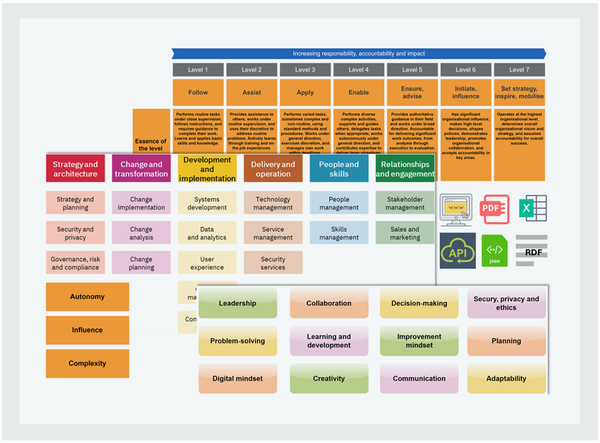
SFIA describes skills and skill levels that reflect real-world professional practices
While other frameworks list skill names or focus on knowledge only, SFIA defines responsibility, accountability, and impact at seven levels.
Why organisations choose SFIA
- comprehensive workplace mapping – skills and competencies integrated
- clear responsibility, accountability and impact at every level
- behavioural integration – how skills are applied, not just what you know
- consistent language across digital, tech and data disciplines and roles
- seven-level progression – clear paths from trainee to strategic leader.
SFIA strengthens your current investments. Organisations use it to develop or enhance role frameworks, career paths, learning catalogues, training and certifications, and bodies of knowledge – creating consistency without starting over.
Use SFIA your way. Reference skills via direct web links, embed through APIs, or download in multiple formats (PDF, Excel, JSON, RDF) to work with your current tools and processes.
The result: A living framework that grows with your organisation and delivers structured professional development that knowledge-only frameworks can’t match.

A key benefit of using SFIA - comprehensive, and growing, content.

SFIA Learning hub
For both newcomers and experienced users, this is your go-to starting place for mastering SFIA—from the essentials to advanced applications.
- discover what SFIA is and who uses it
- lean how SFIA works and how a skills-first approach transforms organisations
- get started at little or no cost
- watch explanatory videos
- explore examples of working with SFIA
- learn about the SFIA Foundation
A perfect launchpad before diving deeper into SFIA’s framework or practical tools.

Browse the framework
Your gateway to the full SFIA structure—perfect for exploring how the framework works.
- Browse all SFIA skills A–Z, by category or theme
- Intelligent search for SFIA skills - use skill names, skill codes, keywords, job/role titles
- Explore the seven levels of responsibility and generic/behavioural attributes
- Dive into focused views (e.g. cyber, cloud, agile, AI, big data, DevOps)
- Find previous versions of the framework
This section is your best route for hands-on framework exploration.

Help and resources
Practical tools, guides and community insight.
- access SFIA skills profiles: validated role maps (e.g. software developer)
- explore case studies & webinars: real-world SFIA examples
- skill assessments & digital badges
- consult framework mappings & views: align with AI, cyber, cloud, DevOps and more
- community guidance: e.g. skills analysis, job architectures, learning models
- connect with partner support: consultancy, tools and templates
Essential for organisations ready to pilot, scale or refine skills-based working.






